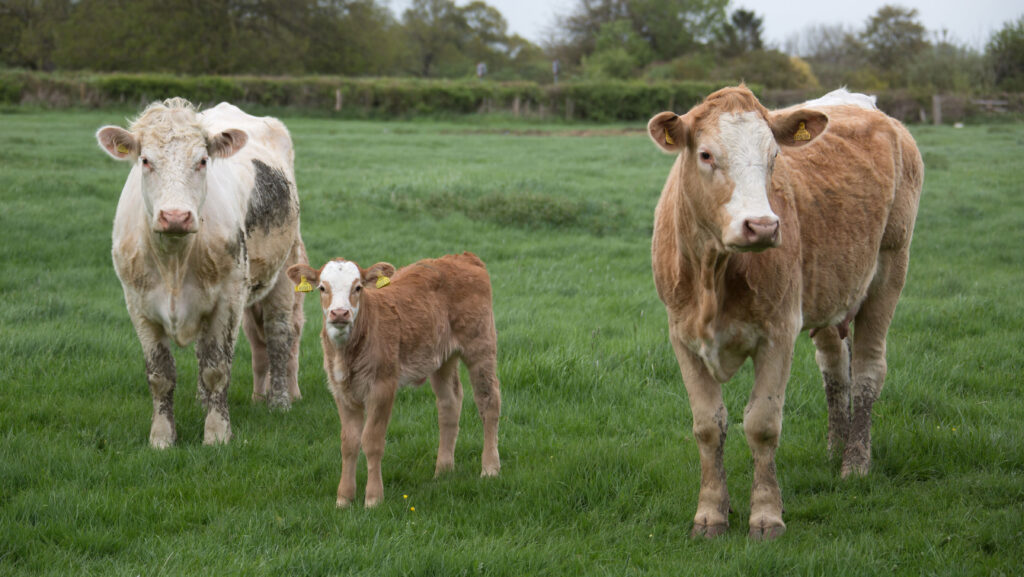Scottish government gives more clarity on calf support scheme
 © Tim Scrivener
© Tim Scrivener Scottish farmers and crofters have been given further guidance on how force majeure and an appeals process could be applied to the reformed Scottish Suckler Beef Support Scheme (SSBSS).
The Scottish government has updated the scheme’s Frequently Asked Questions (FAQ) document to clarify how situations like bull failure or disease outbreaks, which may prevent compliance with the scheme’s new conditions, will be evaluated on a case-by-case basis.
The SSBSS reforms, which will come into force from the 2025 scheme year, require that claimed calves must be at least 75% beef genetics, held on the holding of birth for at least 30 days, and born to a dam with a calving interval of 410 days or less.
See also: Scottish farmers set to quit beef over changes to suckler support
This new condition is designed to improve productivity and profitability while reducing greenhouse gas emissions, in line with broader Scottish government environmental goals.
The introduction of a force majeure process will allow farmers to present evidence that unforeseen and uncontrollable circumstances impacted their ability to meet the new calving interval condition – specifically, the requirement that a dam’s calving interval should not exceed 410 days.
The updated guidance details that to qualify for an exemption under force majeure, farmers will need to provide substantial documentation.
This could include evidence of fertility testing, cattle scanning, TB tests, past herd performance, or relevant personal health issues.
The aim is to ensure that only genuine cases of extraordinary circumstances receive consideration.
NFU Scotland Livestock Committee chairman Hugh Fraser said while the guidance provides examples of what evidence might be necessary, each individual call for force majeure will be considered on a case-by-case basis.
“While the guidance is helpful, any investigation by Rural Payments and Inspections Division (RPID) staff could delay payments to the entire scheme,” he warned.
Submit claims early, says NFUS
To mitigate this, he urged farmers to submit their claims as early as possible, particularly if they have already finished calving for the year.
The deadline to submit SSBSS 2025 claims is 31 December 2024.
Mr Fraser added: “The purpose and objective of the reform is to increase efficiency and reduce emissions.
“Improving productivity and profitability by increasing the ratio of calves born can only be in our interest and as a result, by reducing emissions intensity, this is in the public interest, justifying our fight to keep SSBSS until at least 2028 with a full ring-fenced £40m budget.”
